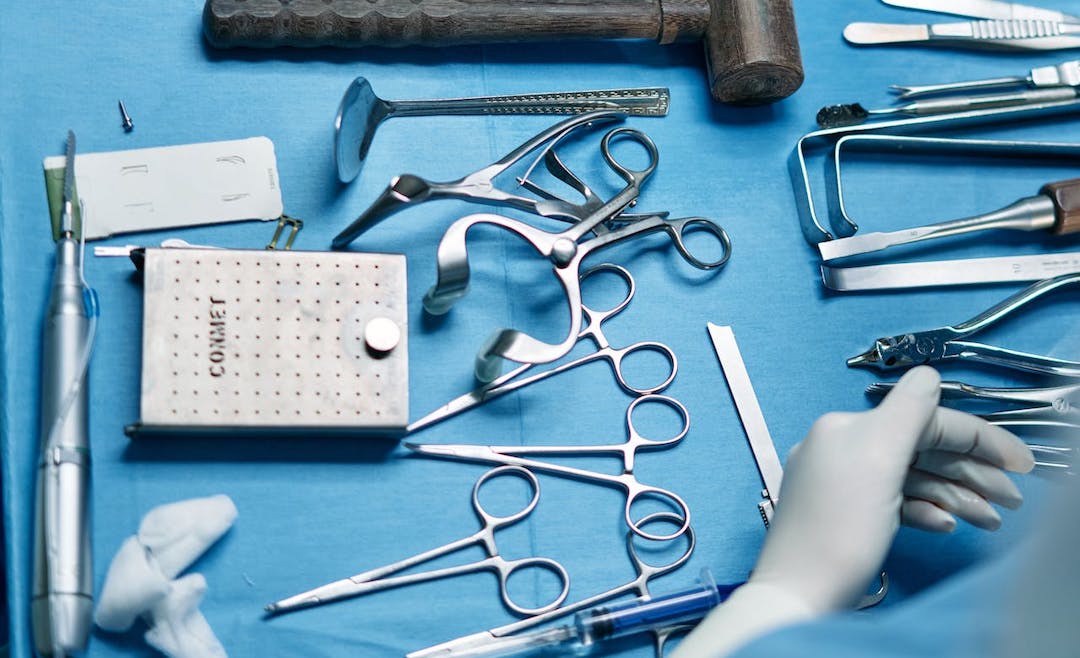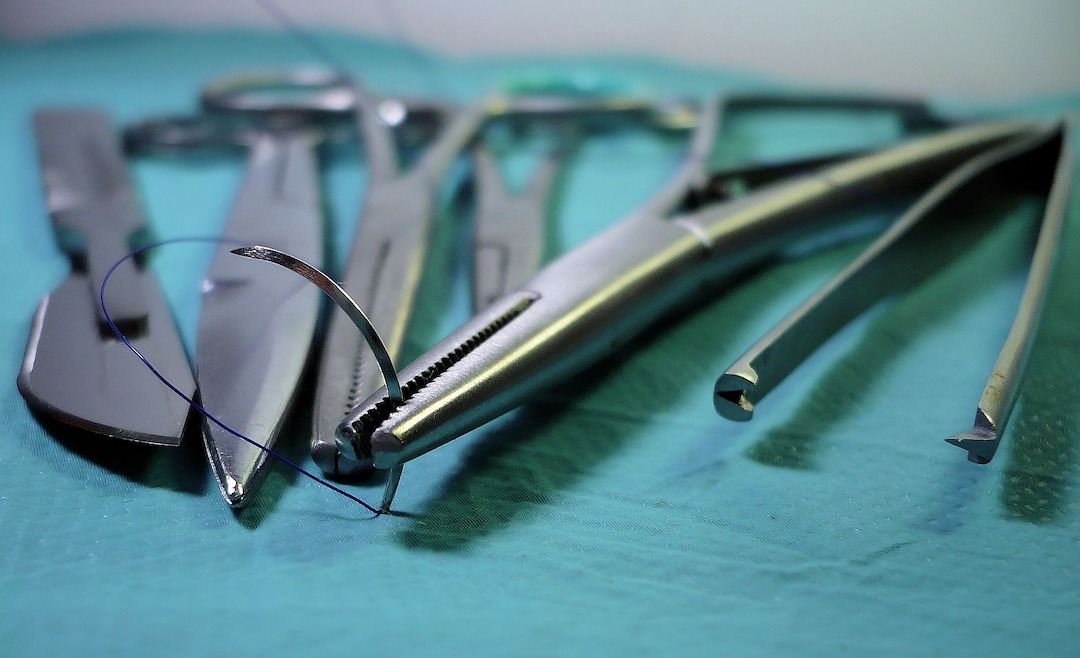If you’re thinking about pursuing a medical profession, you may be considering becoming a surgical tech or nurse.
One key factor in deciding which is better for you is the education requirements. You may be wondering if surgical tech school is harder than nursing school.
Nursing school is much more difficult than surgical tech school. Not only is it longer, but the coursework is more challenging and the nursing license exam is harder than a surgical tech certification exam.
This guide compares surgical tech school and nursing school, going over how hard each of them is, what you’ll learn, clinical requirements, and more.
Why Nursing School is Harder Than Surgical Tech School
While both nurses and surgical techs have to have basic knowledge of anatomy and physiology, infection control, and pharmacology, nurses must have a more in-depth understanding of these topics as well as many others.
Surgical tech programs can typically be completed in a year or less, while nursing school requires students to earn at least an associate degree which takes two years. Many hospitals and other healthcare organizations now require nurses to have a bachelor's degree or higher, meaning nurses usually spend four years completing their training and education requirements.
Nursing programs are so much longer than surgical tech programs because there is more material that has to be covered. Nurses have to understand everything a surgical technologist knows in addition to having a solid understanding of more advanced topics in cardiology, wound care, women's healthcare, mental health, and many other healthcare subjects.
In addition to the large amount of material covered in nursing school, nurses have a much higher requirement for clinical hours. Most nursing programs often require between 600 and 1,000 clinical hours, while surgical tech programs require far less.
It is also important to remember that the NCLEX-RN examination (for nurses) is much more difficult than either the CST or TS-C certification exams (for surgical techs). Students typically spend several hours a day for a few weeks after school graduation preparing for the NCLEX-RN exam.
Prerequisites for Surgical Tech School vs. Nursing School
Most surgical tech programs accept students with either a high school diploma or GED and do not require any college prerequisites.
Nursing school, on the other hand, usually requires students to complete at least the following prerequisites before starting their nurse-specific coursework:
- Anatomy
- Physiology
- Chemistry
- Math 1050
- Microbiology
- English 1010
- Sociology
Acceptance Rates for Surgical Tech School vs. Nursing School
Even getting started in nursing school is more difficult than in surgical tech school. Most surgical tech programs have close to a 100% acceptance rate for all students with a high school diploma or GED. Usually, surgical tech programs require students to fill out an application and submit proof of high school graduation.
Nursing programs have an average acceptance rate of only 66% in the United States. Students not only have to complete their prerequisite courses before applying to nursing school, but usually need a high GPA, service hours, and experience in healthcare to be considered.
What You’ll Learn in Surgical Tech School vs. Nursing School
While both surgical techs and nurses work in healthcare, the nursing school covers a much broader range of topics than the surgical tech school.
Surgical tech programs include courses in:
- Anatomy
- Physiology
- Microbiology
- Infection Control
- Safe Surgical Practices
- Clinical skills
Nursing School includes courses in:
- Anatomy
- Physiology
- Microbiology
- Pathophysiology
- Infection Control
- Pharmacology
- Psychiatry
- Pediatric Care
- Women's Health
- Labor and Delivery
- Patient assessment
- Nursing diagnoses and care planning
- Safe operating room practices
- Clinical skills
>> Read More: Surgical Tech vs. Scrub Nurse
Length of Surgical Tech School vs. Nursing School
Because surgical tech schools do not cover as many topics, they are much shorter than nursing schools. Surgical tech training programs can be completed in 4 months to 2 years, and prepare students to take a surgical tech certification exam.
For example, our Online Surgical Tech Program here at Stepful only takes 4 months to complete and includes an in-person clinical externship.
Nursing schools require students to graduate with at least an associate’s degree and most healthcare organizations require their new nurses to earn a bachelor's degree before working as part of the healthcare team. Accelerated nursing programs can be completed in as little as 18 months after prerequisites are taken care of. Most nursing programs take 4 years to complete.
Clinical Requirements for Surgical Techs vs. Nurses
Many more clinical hours are required for nurses than for surgical techs. The most demanding surgical tech schools require their students to complete 500 clinical hours, while nursing schools require 600 clinical hours at a minimum.
Surgical techs will complete all of their hours working inside of the operating room or as part of a clinical laboratory, while nursing students must get experience in the operating room, cardiac catheterization lab, intensive care units, postpartum units, medical-surgical units, oncology floors, pediatric units, and wound care rotations.
Most nursing schools also have a zero-tolerance policy for missing clinical rotation days.
Examinations for Surgical Techs vs. Nurses
To earn a surgical tech certification, students can take either the CST or TS-C exam. These examinations each have 175 questions and have a passing rate of 66.7% and 73%, respectively. They are both multiple-choice tests with a 4-hour time limit.
To become licensed as a nurse, students must take and pass the NCLEX-RN examination. This exam is a computer-adaptive test, meaning the questions become more difficult as the candidate gets more right answers, and easier if they get more wrong answers.
The exam will end when the candidate has consistently gotten enough questions wrong or right, with a minimum of 75 questions and a maximum of 135 questions.
Experts recommend that after completing nursing school, candidates spend another 2 to 6 weeks preparing for the NCLEX by studying for 2 hours each day. The NCLEX-RN passing rate in 2023 was 68%.
Cost of Surgical Tech School vs. Nursing School
Not only is surgical tech school easier to complete, but it is also easier to pay for. Surgical tech training programs typically cost between $4,000 for a certificate program and up to $40,000 for a degree program.
According to Forbes, nursing students can expect to pay between $20,000 for a nursing degree from a local college and more than $100,000 for a degree from a private school.




.svg)












